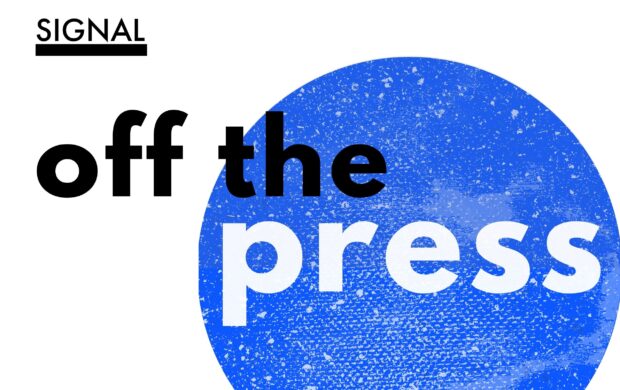Genetic engineering research is currently moving swiftly, aided by the recent development of the powerful gene-editing tool CRISPR-Cas9. This allows for a ground-breaking level of precision in the alteration of DNA, down to the level of a single letter in some cases. CRISPR is already being hailed as a potential means to perform gene therapy on people with devastating genetic illnesses such as sickle-cell anaemia. This is not generally considered to be controversial as such gene therapy would not affect the germ line – egg or sperm cells – and the gene-editing effects would not be passed down to future generations.

However, several research teams are currently working on research that ‘crosses the germ line’ by performing gene editing experiments on human eggs and sperm to see if faulty genes can be replaced. And a team in China has gone a step further and has actually used CRISPR to edit human embryos obtained from an IVF clinic. Although the experiment was not successful, and the embryos used were already non-viable, the ethical issues around this research have been strongly highlighted.
Several countries have banned germ-line engineering; the EU’s convention of human rights and biomedicine calls it a crime against human dignity and human rights, as it involves altering a person’s DNA without their consent. The USA does not ban it, but several leading scientists are calling urgently for a moratorium in the wake of this research.
Jennifer Doudna, one of the co-discoverers of CRISPR, is one of the scientists asking for a global pause for reflection and debate. “It cuts to the core of who we are as people, and it makes you ask if humans should be exercising that kind of power,” she told MIT Review. “There are moral and ethical issues, but one of the profound questions is just the appreciation that if germ-line editing is conducted in humans, that is changing human evolution.”
“Most of the public,” she says, “does not appreciate what is coming.”










